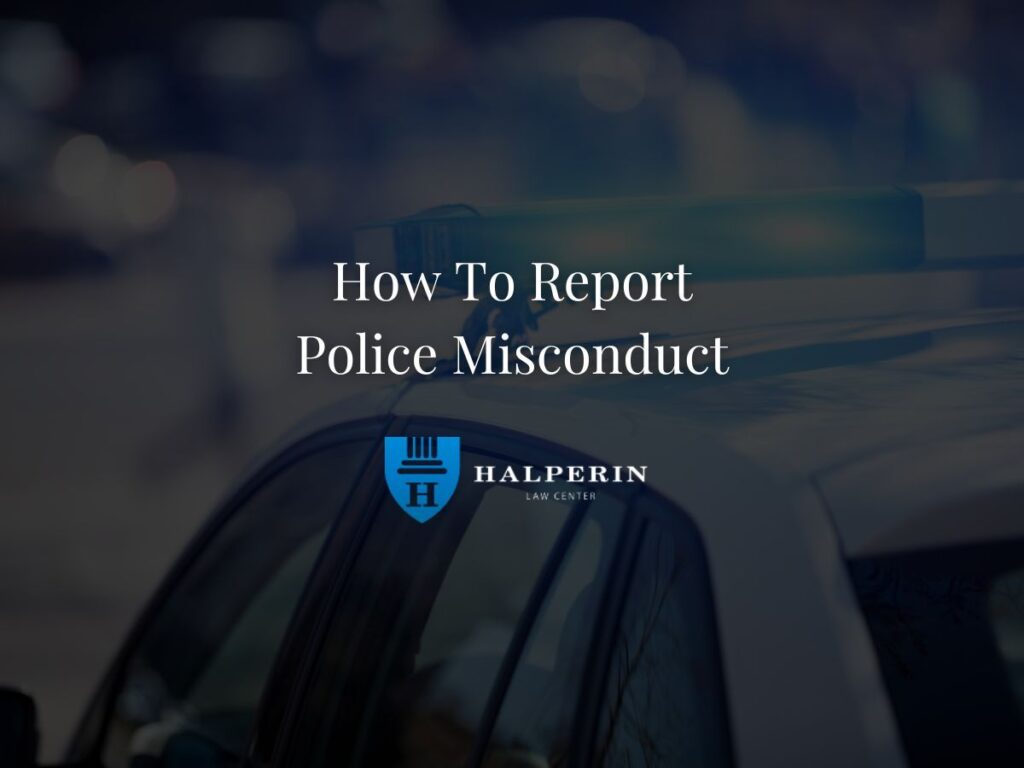Facing misconduct or illegal activity from law enforcement can be a deeply unsettling experience. It’s natural to question your options and wonder, “Can you call the police on the police?” While it might seem counterintuitive, there are avenues for reporting police misconduct, though the process isn’t always straightforward. This article will guide you through the steps involved in addressing such situations, outlining the various reporting mechanisms available and emphasizing the importance of seeking appropriate legal counsel when necessary.
This article will delve into the complexities of reporting police misconduct, exploring the different ways to address these concerns. We’ll discuss the types of misconduct that warrant reporting, the available reporting channels, and the role of legal professionals and independent oversight agencies in ensuring accountability. By understanding your rights and options, you can navigate this challenging process effectively.
Police Misconduct
Police misconduct encompasses a wide range of actions that violate citizens’ rights or deviate from established law enforcement protocols. These actions can range from minor infractions to serious offenses, including:
- Excessive use of force: This involves using more physical force than necessary during an arrest or interaction, resulting in injury or harm.
- False arrests and charges: Unlawfully detaining or charging individuals without sufficient evidence is a serious form of misconduct.
- Racial profiling: Targeting individuals based on their race or ethnicity rather than reasonable suspicion is discriminatory and illegal.
- Bribery and corruption: Accepting bribes or engaging in unethical practices for personal gain undermines public trust in law enforcement.
- Planting evidence: Fabricating or introducing false evidence to secure a conviction is a grave violation of justice.
These are just some examples, and the specific definitions and consequences of misconduct can vary depending on local laws and regulations.
Reporting Police Misconduct
Reporting police misconduct is crucial for holding officers accountable and ensuring public safety. While the process may differ depending on your location, there are several avenues you can explore:
- Internal Affairs: Most law enforcement agencies have an internal affairs division responsible for investigating complaints against their own officers. You can file a formal complaint with this department, providing detailed information about the incident.
- Civilian Review Boards: Some cities and counties have civilian review boards composed of community members who oversee police conduct and investigate complaints. These boards often have more independence from law enforcement than internal affairs divisions.
- District Attorney’s Office: If you believe a crime was committed by an officer, you can file a complaint with the district attorney’s office. They will determine whether to pursue criminal charges against the officer.
When filing a complaint, it is essential to provide as much detail as possible, including dates, times, locations, names of officers involved, and any witnesses.
Legal Counsel for Police Complaints
Navigating the complexities of police misconduct cases can be challenging, and seeking legal counsel is often advisable. An attorney specializing in civil rights or police misconduct can:
- Advise you on your legal options: They can help you understand your rights and determine the best course of action based on the specific circumstances of your case.
- Gather evidence and build a strong case: Attorneys have experience collecting evidence, interviewing witnesses, and preparing compelling arguments to support your claims.
- Represent you in negotiations or litigation: If necessary, they can represent you in discussions with law enforcement agencies or in court proceedings.
Consulting with an attorney early on can significantly increase your chances of achieving a favorable outcome.
Independent Oversight Agencies
In addition to internal affairs and civilian review boards, some jurisdictions have independent oversight agencies specifically tasked with investigating police misconduct. These agencies often have greater autonomy and investigative powers than traditional reporting mechanisms. They may conduct:
- Investigations into complaints: They can thoroughly examine allegations of misconduct, interviewing witnesses, reviewing evidence, and issuing reports on their findings.
- Policy reviews and recommendations: Independent oversight agencies can analyze law enforcement policies and practices, identifying areas for improvement and recommending reforms to prevent future misconduct.
- Public education and outreach: These agencies often play a role in educating the public about police accountability and promoting transparency within law enforcement.
Severity of Allegations
The severity of the alleged misconduct will influence the appropriate reporting channels and potential consequences. Minor infractions may be addressed through internal affairs, while serious offenses like excessive force or planting evidence should be reported to both internal affairs and external agencies like the district attorney’s office.
Conclusion
Facing police misconduct can be a daunting experience, but understanding your options and taking action is crucial for ensuring accountability and protecting your rights. By reporting misconduct through appropriate channels, seeking legal counsel when necessary, and engaging with independent oversight agencies, you can contribute to a more just and equitable system of law enforcement. Remember, your voice matters, and speaking out against wrongdoing is essential for creating a safer and fairer society for all.



